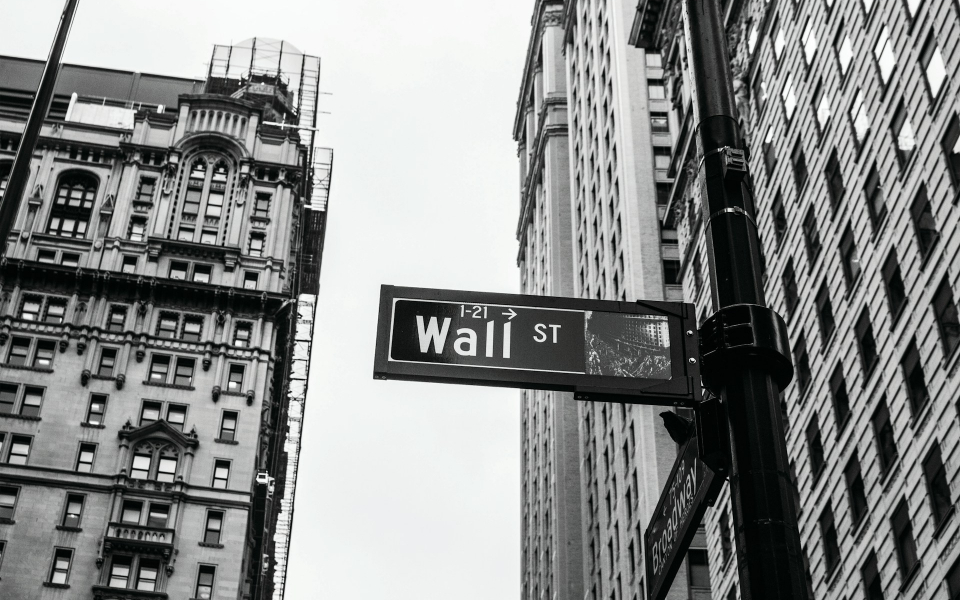Stocks fell in another volatile session on Tuesday as a short-lived rally turned negative as fears over President Donald Trump's next tariff deadline is set for midnight, which will see China's tariff rate rise to 104%. The Dow Jones Industrial Average fell over 300 points after climbing over 1,300 points earlier in the session, while the S&P 500 Index and Nasdaq Composite each reversed gains of over 4% to decline about 1.6% and 2.2%, respectively.
Here's how the market settled on Tuesday:
S&P 500 Index
Dow Jones Industrial Average
Nasdaq Composite Index
Market participants were encouraged by news of trade negotiations between U.S. Treasury Secretary Scott Bessent and key trading partners like Japan and South Korea. However, the chance of trade war between the U.S. and China, the world's two largest economies, is still weighing on long-term outlooks.
China's Commerce Ministry on Tuesday said it vows to 'fight to the end,' in response to President Donald Trump's threats of escalating tariffs. The statement comes after the White House said it would impose an additional 50% duty on U.S. imports from China starting Wednesday, if Beijing does not lift its 34% tariff on American products issued last Friday, which is set to begin April 10.
"The U.S. threat to escalate tariffs on China is a mistake on top of a mistake," the ministry said in a statement, translated by CNBC. "China will never accept it. If the U.S. insists on its own way, China will fight to the end."
China's retaliatory tariffs were in response to Trump's 34% duties issued on top of the 20% tariffs imposed on the major trading partner since February, bringing its effective rate to 54%. These tariffs could impact China's economy by 1.5 to 2 percentage points in 2025, according to Morgan Stanley.
Evercore ISI analyst Greg Melich warned Tuesday that Walmart
"IF 50% incremental [tariffs] on China and 20% rest of the world [tariffs] is maintained, AND no carrots of tax cuts or deregulation are implemented, we estimate the EPS pressure for Walmart of 2% could grow 3x higher," Melich wrote in a note, quoted by Yahoo!Finance.
Small Business Confidence fell in March, a report from the National Federation of Independent Business showed Tuesday, as owners fear Trump's tariffs could push the U.S. economy into a recession. The NFIB's optimism index declined by 3.3 points last month to 97.4, marking the largest monthly drop since June 2022. March's decrease also pulled the index below its 51-year average of 98 after reaching a near-record high of 105.1 back in December.
"The implementation of new policy priorities has heightened the level of uncertainty among small business owners over the past few months," said Bill Dunkelberg, chief economist at NFIB, in a statement. "Small business owners have scaled back expectations on sales growth as they better understand how these rearrangements might impact them."















